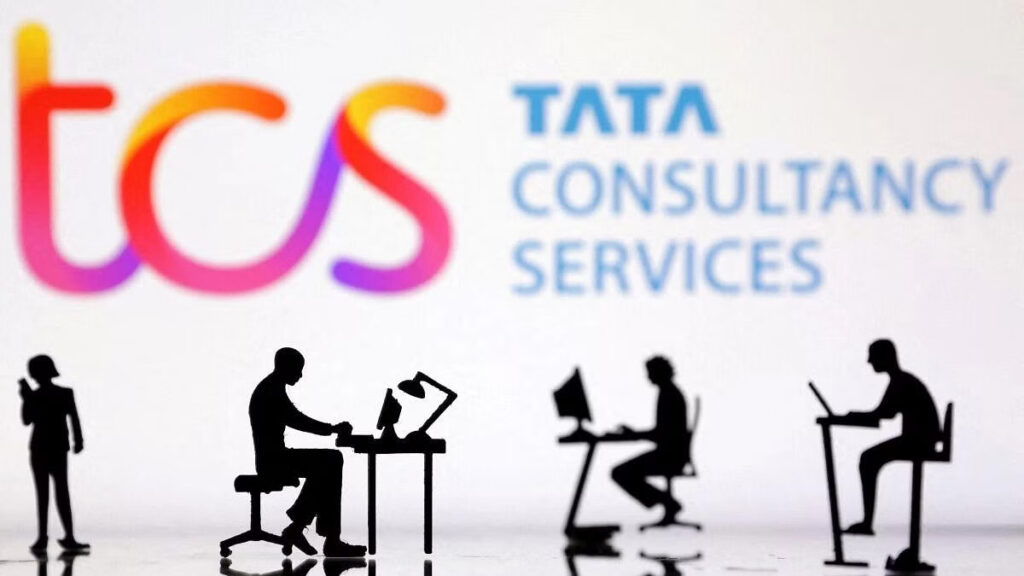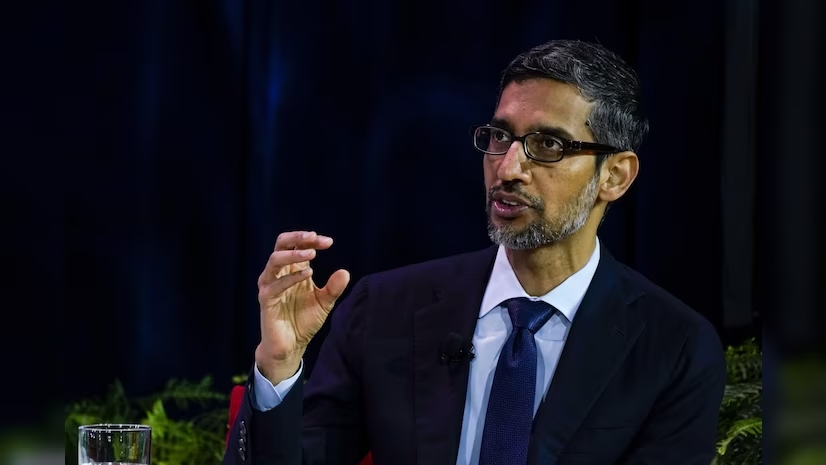TCS Seeks to Use Microsoft AI Partnership to Improve Margins
In a strategic move aimed at fostering growth, Tata Consultancy Services Ltd (TCS), Asia’s largest outsourcing company, is intensifying its collaboration with Microsoft Corp to develop cutting-edge artificial intelligence (AI)-based software services.

The partnership involves leveraging Azure OpenAI, a collaboration between Microsoft and OpenAI led by Sam Altman, as well as utilizing the cloud-based AI tool GitHub Copilot. The goal is to offer bespoke solutions, such as fraud detection for financial services clients and personalized customer services for retailers.
K Krithivasan, the Chief Executive Officer of TCS, highlighted the potential of these services to enhance margins in an interview with Bloomberg News. He emphasized that the company is working closely with Microsoft to build industry-specific solutions that can be jointly brought to market. However, Krithivasan acknowledged that it might take a couple of quarters before these initiatives reach a critical mass to significantly impact the overall market.
With over 100,000 generative AI-ready employees, TCS is integrating AI technology into various software offerings, a move that has reportedly contributed to the success of securing large deals. The company’s strategy aligns with a broader industry trend among Indian IT firms, including smaller rivals like Infosys, to shift focus from traditional outsourcing to high-value services encompassing big data, machine learning, analytics, cloud computing, and AI.
Krithivasan, who assumed the role of CEO in June, has undertaken structural changes within the company to tap into the business expertise of senior executives and enhance client connections. While expressing optimism about the partnership with Microsoft, he emphasized the need for sustained growth and the removal of organizational frictions.
Also Read: X Faces European Union Investigation for Israel-Palestine Content
The move towards advanced technologies is crucial for Indian IT firms as they face margin pressures due to global economic uncertainties and geopolitical events. Traditionally, these companies provided cost-effective back-office operations, but they are now positioning themselves as partners in digital transformation for global enterprises.
“We should be participating more where the customers are investing for the future,” Krithivasan stated, underscoring the firm’s commitment to enhancing capabilities in areas crucial for clients’ future investments. As the partnership with Microsoft evolves, TCS aims to navigate the dynamic landscape of the IT industry, adapting to emerging technologies to stay at the forefront of innovation and client satisfaction.

I am a law graduate from NLU Lucknow. I have a flair for creative writing and hence in my free time work as a freelance content writer.




